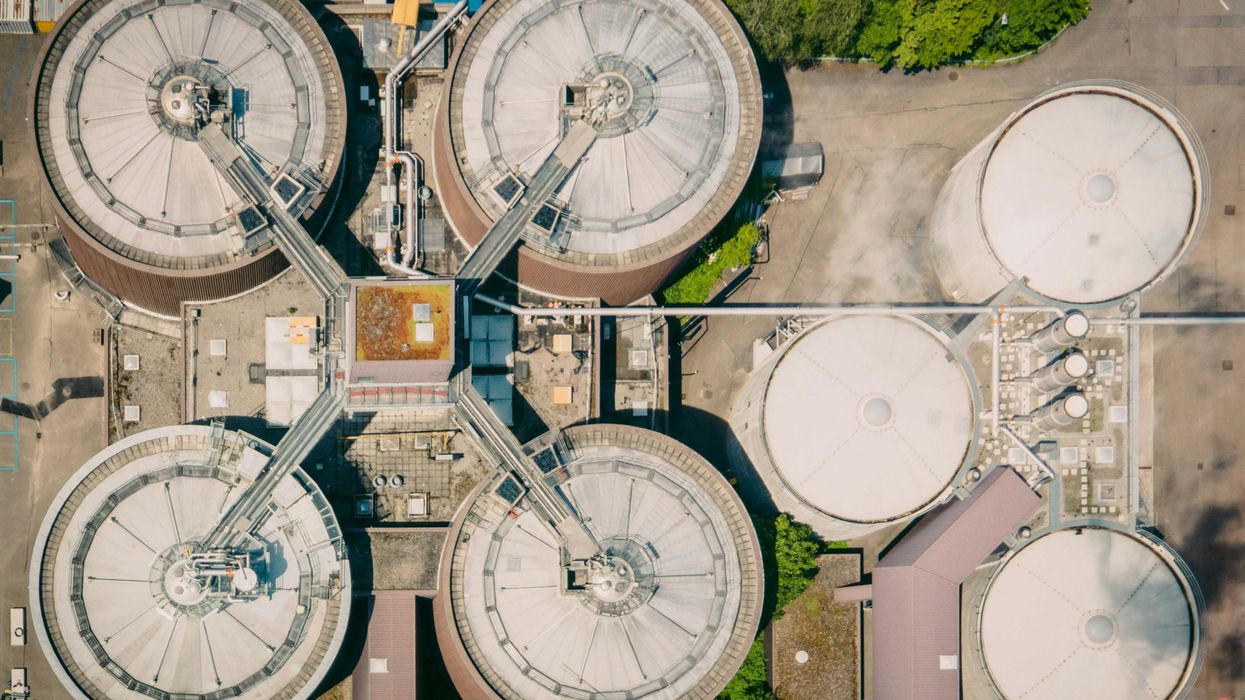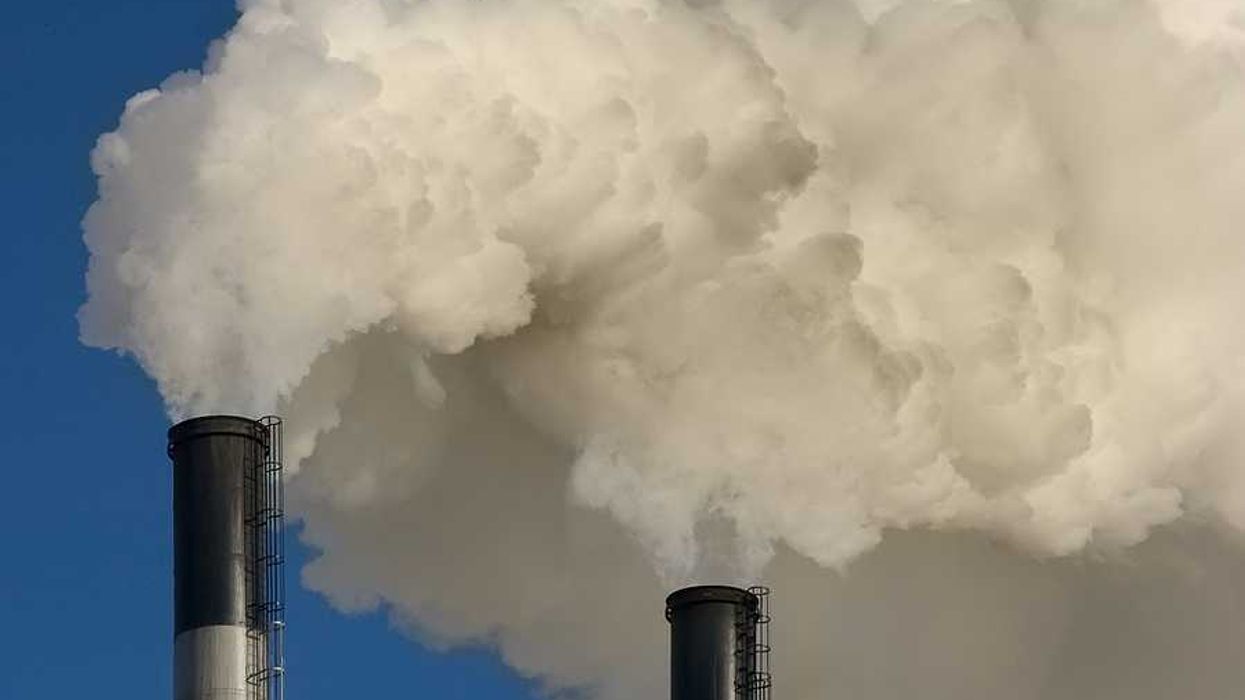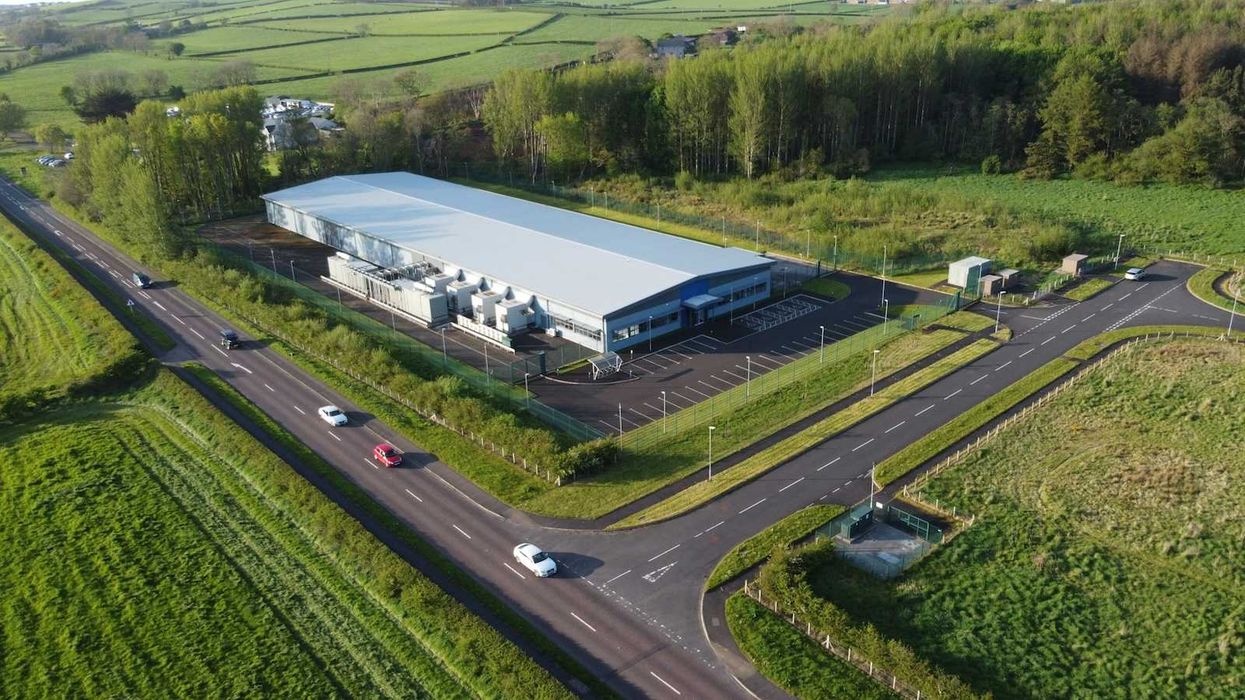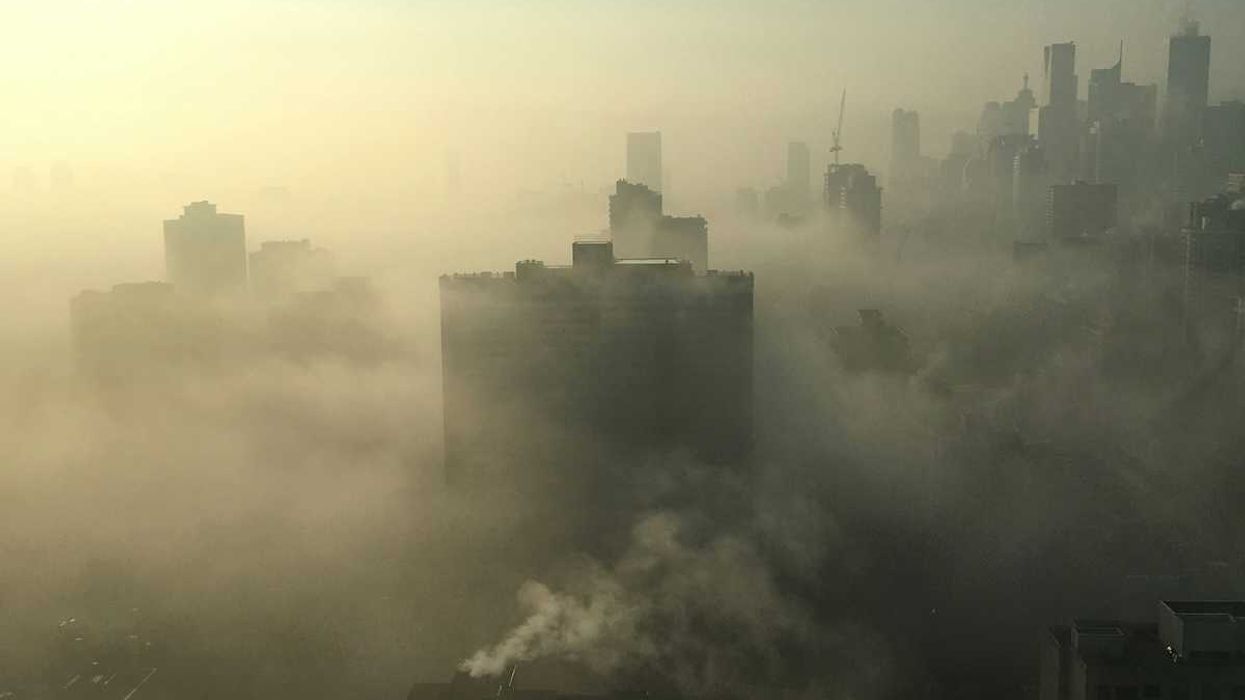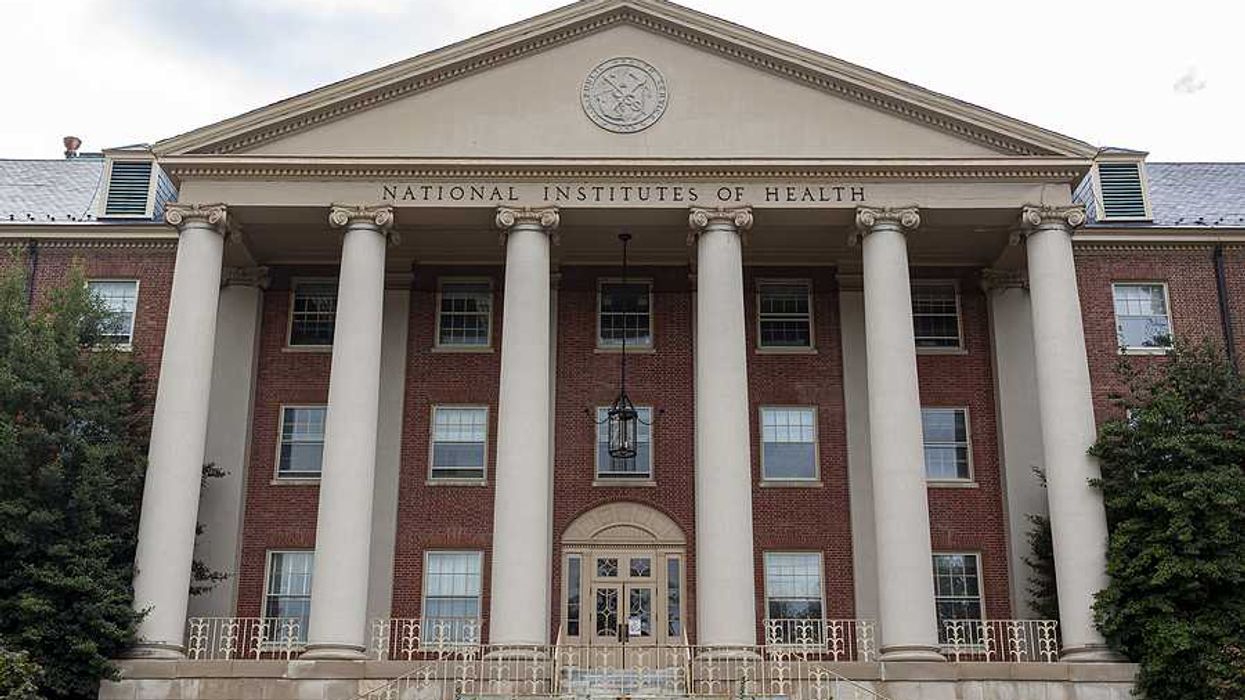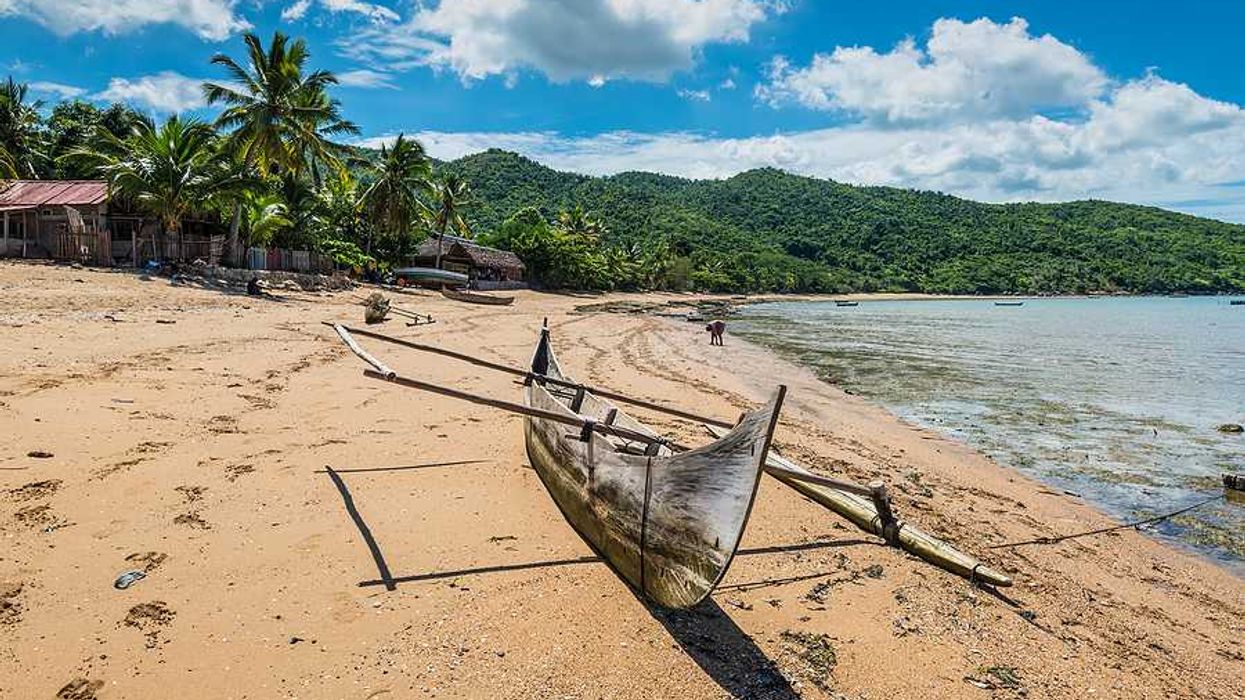A state-funded report finds that polluters in Michigan are using temporary measures to manage contaminated sites, leaving communities to face long-term health and financial burdens.
Teresa Homsi reports for WCMU.
In short:
- Michigan has 26,000 known contaminated sites, with 3,500 relying on short-term fixes called institutional controls.
- A new report argues these temporary measures are cheaper for polluters but push health and financial burdens onto future generations.
- The report recommends stronger laws to hold polluters accountable and fund long-term cleanups.
Key quote:
“These problems don't fix themselves. If we put this off down the road for future generations to have to deal with ... or to attenuate, then it's just a burden that we're placing on our children, our grandchildren.”
— Glenn O'Neil, co-author of the report with the Michigan State University Institute of Water Research
Why this matters:
Short-term pollution fixes may offer temporary relief, but they often ignore long-term impacts on public health and environmental sustainability. Stronger regulations are needed to prevent harm to future generations.
Related EHN coverage:




